9 Amazing Benefits Of Kombucha Tea, Nutrition, & Side Effects
This refreshing tea is loaded with probiotics and works magic to invigorate your health.
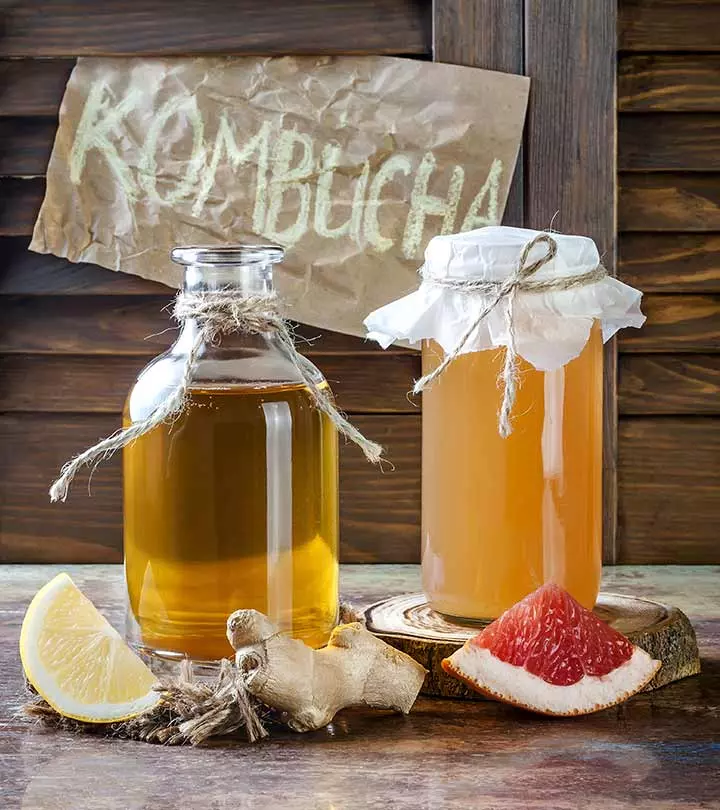
Image: Shutterstock
Have you ever thought of drinking stale, old tea containing microorganisms? Sounds crazy, doesn’t it? This is how the trendy kombucha tea is made. The benefits of kombucha tea are many, and it is consumed worldwide.
This tea is gaining attention as a healthy substitute for many other teas. It also tastes better as it gets older. Its unique preparation process sets it apart from most other beverages.
Continue reading to know more about this tea, its preparation procedure, and how it can benefit your health.
 Know Your Ingredient: Kombucha Tea
Know Your Ingredient: Kombucha TeaWhat Is It?
A fermented, sweetened beverage made from tea, sugar, bacteria, and yeast.
What Are Its Benefits?
It may improve liver health, aid in weight loss, and boost HDL (good) cholesterol levels.
Who Can Consume It?
Anyone can consume this except people on diabetes medications.
How Often?
You can consume ½ to 1 cup of kombucha tea daily.
Caution
Excess intake of kombucha tea may cause an upset stomach, nausea, and hypersensitivity in some people.
In This Article
What Is Kombucha Tea?
Kombucha tea or kombucha is a fizzy, sweet-sour, fermented, non-alcoholic drink made from sweetened tea with a specific microbial culture called SCOBY (Symbiotic Culture Of Bacteria and Yeast).
The bacteria and yeast grow and multiply while they convert the sugar in the tea to ethanol (alcohol) and acetic acid. It is this acetic acid that gives kombucha its characteristic and distinctive sweet-sour vinegary taste.
Because of the scoby fermentation, kombucha has potent anti-inflammatory, antioxidant, and gut and liver healing properties.
And that is why it is being touted as the best alternative to the effervescent, sweet, carbonated drinks by health freaks all over the world.
But where did this delicious beverage come from? While the exact origin of kombucha tea is uncertain, It is believed to have originated in Northeastern China, where it has been consumed for centuries for its potential health benefits. It is said to have spread widely to different parts of Europe and Asia, namely Russia and Korea via the silk route.
If you are looking to purchase kombucha tea, it is important to note that the price depends on factors like the brand, bottle size, and location. A single bottle of kombucha tea can cost anywhere between $3 to $5 at a grocery store. However, prices can be higher for specialty or premium brands. You can try making kombucha tea at home as it is cost-effective.
So, how do you make this tea? Let’s find out!
Key Takeaways
- Kombucha is a sour and sweet liquid made from the bacterial culture called SCOBY (Symbiotic Culture Of Bacteria and Yeast).
- Drinking kombucha tea can improve digestion and aid in weight loss.
- You can mix green tea or ginger-lemon powder with kombucha to make a light and cleansing tea.
- Over-fermented kombucha can cause liver toxicity and skin allergy.
How Is Kombucha Tea Made?
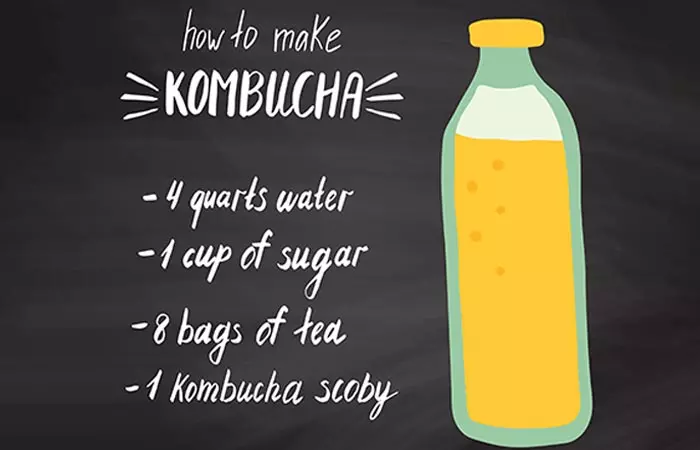
Note: For every gallon of kombucha tea, maintain the ratio of 1 cup of sugar, 8 bags of organic tea, and 2 cups of starter tea (scoby cultures).
- Steep sugar and tea leaves in hot water.
- Once the tea is cold, add the scoby cultures.
- Mix the contents well, pour into airtight containers with some more sugar and leave to ferment for about two weeks. Serve cold with some added fruits and spices.
Yes, it’s that simple!
Nicki and Ben, two bloggers, shared their experience of making and consuming kombucha tea on their blog. One of the bloggers states, “I’ve been brewing kombucha continuously for a couple of years now. When we were kids, I remember helping my mum brew it. We used a mix of black and fruit teas then, and when I first moved into my own place, I started again (i).”
But then, you might ask, so what if it has scoby cultures? Why’s there so much hype about kombucha?
How is it different from other health drinks? What does it do to your body that makes this tea so valuable and unique?
I have the answers to all your questions – only if you read ahead!
What Are The Benefits You Get By Drinking Kombucha Tea?
1. Has Hepatoprotective Properties
The liver is the ‘downtown’ of your body where all the action happens.
Fatty acids and lipids are broken down in your liver, and so are the drugs – which is why the liver is one of those organs that suffer the highest damage and need a lot of care.
Bacterial species like Acetobacter, along with the yeasts, in kombucha tea have shown exceptional hepatoprotective properties.
These bacteria convert acetic acid to glucuronic acid, which is a potent antioxidant.
Also, the green and black tea leaves have flavonoids like theaflavins, thearubigins, and their derivatives, which assist glucuronic acid in scavenging free radicals and toxic intermediates that trigger tissue damage.
Kombucha tea also inhibits linolenic acid and lipid peroxidation that lead to hepatotoxicityi Liver damage from chemicals primarily caused by drugs that can result in acute and chronic liver disease. and chronic inflammation (1).
2. Protects Your Gut And Aids Digestion

It is unusual for a tea to have gastroprotective properties because gastritis is one of the most common side effects regular tea-o-holics face.
But surprisingly, drinking kombucha tea brewed with green tea leaves soothes your GI tract and gives you energy.
That’s because the scoby cultures in kombucha have high probiotic value, adding healthy bacteria into your gut in order to help with quick and clean digestion, assimilation, and also in passing bowel movements. Hence, this tea is sometimes recommended for people suffering from constipation and irritable bowel syndrome (IBS). However, if someone has IBS that is induced by Small Intestine Bacterial Overgrowth (SIBO), kombucha may make the problem worse.
Kombucha extracts have high antioxidant activity as well as the ability to protect the mucin content of the gastric tissues.
This gut-friendly drink also has anti-ulcerative properties since it reduces the gastric acid secretion and helps in rapid ulcer healing (2).
3. Helps In Weight Loss and Detox
Since scoby cultures ferment the kombucha tea, it is rich in gut-friendly bacteria like Gluconacetobacter, Acetobacter, and Lactobacillus and fungal species like the yeast Zygosaccharomyces, Candida, etc. (3).
Such symbiotic cultures help in maintaining the ideal biochemical conditions in your gut for effective digestion.
These microbes assist in metabolizing complex lipids, fatty acids, and harmful derivatives that tend to accumulate in your body.
4. Is A Treasure Trove Of Antioxidants
This tea gained the sobriquet of the ‘health drink’ mostly due to its natural antioxidative properties.
Research says that fermentation of kombucha tea by the scoby cultures increases the levels of antioxidants, such as phenolic acids (rosmarinic acid, coumaric acid, linolenic acidi An omega-3 essential fatty acid found in high levels in certain plant oils that helps reduce inflammation. , caffeic acid, ferulic acid, gallic acid, chlorogenic acid, etc.), polyphenols (catechins, rutin, theaflavins, thearubigins, quercetin, etc.), and other flavonoids (4).
These bioactive components robustly scavenge the free radicals like peroxides, enhance the activity of enzymes like reactive oxygen speciesi An unstable molecule that contains an oxygen atom and in excess can damage cellular components, such as DNA, RNA, and cause cell death. , such as cancer and diabetes. and catalasei An enzyme found in many living things that breaks down hydrogen peroxide into water and oxygen to protect cells from oxidative damage. , and eliminate toxic intermediates, heavy metals, and xenobiotic pollutants.
Simply put, making kombucha a habit may mean saying goodbye to a horde of disorders ranging from acne, pimples, wrinkles, and hair loss to atherosclerosis, kidney failure, cirrhosis, and UTIs.
To get the best antioxidative benefits of kombucha, you can try brewing it with different varieties of tea like green tea, black tea, and lemon balm tea in combination with scoby cultures from various sources.
5. Has Cardioprotective Effects

The antioxidative and antilipidemici A medication used to lower the amount of lipids in the bloodstream in cases of hyperlipidemia (too much fat in the blood). activities of kombucha tea boost the levels of good cholesterol (HDL) and reduce the accumulation of bad cholesterol (LDL), along with undesirable free radicals and intermediates, in your blood vessels.
This way, blood pumped to your heart is less polluted, and the blood vessels are less clogged with plaques or cholesterol deposits (5).
When the blood is cleaner, and the blood vessels are dilated, the heart doesn’t have to exert too much pressure to pump the blood in or out of it.
Replacing your tea or coffee with kombucha may protect your heart from diseases like atherosclerosis, myocardial infarction, and hypertension.
6. Manages Inflammatory Diseases
Fermented drinks like kombucha tea can benefit conditions like arthritis, diabetes type 2, asthma, irritable bowel syndrome, certain UTIs, psoriasis, dermatitis, ulcers, GERD, and renal failure that stem out of inflammation.
The flavonoids, caffeine derivatives, polyphenols, vitamins C and B complex, and trace minerals like iron, copper, nickel, zinc, and lead in kombucha tea, especially the one brewed with oak leaves, downregulate the production of pro-inflammatory chemical messengers like IL-6 and TNF-α and nitric oxide, which can trigger surrounding tissue damage (6).
7. May Prevent And Combat Cancer
Increase in reactive oxygen speciesi An unstable molecule that contains an oxygen atom and in excess can damage cellular components, such as DNA, RNA, and cause cell death. (ROS) is one of the causes that lead to tumor formation in your body.
If left untreated, these ROS (like peroxide and superoxide ions, heavy metal intermediates, and accumulated xenobiotic residues) can support tumor metastasisi The process by which cancer cells migrate from their formation site to other areas and generate new tumors in different parts of the body. , which could be lethal (7).
Kombucha tea can come to your rescue here. It is loaded with the goodness of antioxidants, vitamins, and probiotic microbes that can combat inflammation and decrease ROS effectively.
Kombucha has caffeine derivatives, phenolic acids, polyphenols, terpenes, and vitamins that can scavenge ROS from almost every nook and corner of your body, protect you from inflammation-induced cancer, and also stop its progression and metastasis.
8. Is A Strong Antibacterial Agent
In a study, kombucha tea was found to have antimicrobial activity against a number of pathogenic organisms like Staphylococcus aureus, Shigella sonnei, Escherichia coli, Aeromonas hydrophila, Yersinia enterolytica, Pseudomonas aeruginosa, Enterobacter cloacae, Staphylococcus epidermis, Campylobacter jejuni, Salmonella enteritidis, Salmonella typhimurium, Bacillus cereus, Helicobacter pylori, and Listeria monocytogenes (8).
The scoby produce acetic acid as a by-product of tea fermentation, which is mainly responsible for the antimicrobial activity.
Research claims that there are several compounds in kombucha, other than acetic acid, which have potent antimicrobial activity.
So, drinking kombucha tea can assist in treating bacterial infections like cellulitis, urinary tract infections (UTIs), whooping cough, diphtheria, typhoid, and so on.
9. Promotes Longevity And Wellness

Adding kombucha tea to your diet fosters longevity despite lifestyle changes.
Thanks to the antioxidative, anti-inflammatory, neuro-, cardio- and hepatoprotective phytochemicals, kombucha helps in boosting memory, has anti-aging effects, promotes hassle-free metabolism, ensures organ health, and, most importantly, flushes out toxins from your body that can accelerate all of the above events (9).
 Did You Know?
Did You Know?One simple tea has multiple incredible benefits – this talks a lot about its composition. Who is responsible for such high-level multitasking?
Scroll down to know their names!
Nutritional Information Of Kombucha Tea
You guessed it right! It is the nutritional and biochemical composition of kombucha tea that is responsible for the multitasking. Let’s take a brief look at it:
| Nutrition Facts Serving Size 100g | ||
|---|---|---|
| Amount Per Serving | ||
| Calories 13 | Calories from Fat 0 | |
| % Daily Value* | ||
| Total Fat 0g | 0% | |
| Saturated Fat 0 g | 0% | |
| Trans Fat 0 g | ||
| Cholesterol 0mg | 0% | |
| Sodium 4mg | 0% | |
| Total Carbohydrate 3g | 1% | |
| Dietary Fiber 0g | 0% | |
| Sugars 1g | ||
| Protein 0g | ||
| Vitamin A | 0% | |
| Vitamin C | 0% | |
| Calcium | 0% | |
| Iron | 0% | |
| Calorie Information | ||
| Amounts Per Selected Serving | %DV | |
| Calories | 13.3(55.7 kJ) | 1% |
| From Carbohydrate | 13.3(55.7 kJ) | |
| From Fat | 0.0(0.0 kJ) | |
| From Protein | 0.0(0.0 kJ) | |
| From Alcohol | ~(0.0 kJ) | |
| Carbohydrates | ||
| Amounts Per Selected Serving | %DV | |
| Total Carbohydrate | 3.1g | 1% |
| Dietary Fiber | 0.0g | 0% |
| Starch | ~ | |
| Sugars | 0.9g | |
| Fats & Fatty Acids | ||
| Amounts Per Selected Serving | %DV | |
| Total Fat | 0.0g | 0% |
| Saturated Fat | 0.0g | 0% |
| Monounsaturated Fat | ~ | |
| Polyunsaturated Fat | ~ | |
| Total trans fatty acids | 0.0g | |
| Total trans-monoenoic fatty acids | ~ | |
| Total trans-polyenoic fatty acids | ~ | |
| Total Omega-3 fatty acids | ~ | |
| Total Omega-6 fatty acids | ~ | |
| Protein & Amino Acids | ||
| Amounts Per Selected Serving | %DV | |
| Protein | 0.0g | 0% |
| Vitamins | ||
| Amounts Per Selected Serving | %DV | |
| Vitamin A | 0.0IU | 0% |
| Vitamin C | 0.0mg | 0% |
| Vitamin D | 0.0IU | 0% |
| Vitamin E (Alpha Tocopherol) | 0.0mg | 0% |
| Vitamin K | 0.0mcg | 0% |
| Thiamin | 0.1mg | 4% |
| Riboflavin | 0.1mg | 4% |
| Niacin | 0.9mg | 4% |
| Vitamin B6 | 0.1mg | 4% |
| Folate | 23.0mcg | 6% |
| Vitamin B12 | 0.3mcg | 4% |
| Pantothenic Acid | 0.0mg | 0% |
| Choline | ~ | |
| Betaine | ~ | |
| Minerals | ||
| Amounts Per Selected Serving | %DV | |
| Calcium | 0mg | 0% |
| Iron | 0mg | 0% |
| Magnesium | 0mg | 0% |
| Phosphorus | 0mg | 0% |
| Potassium | 0mg | 0% |
| Sodium | 4.4mg | 0% |
| Zinc | 0.0mg | 0% |
| Copper | 0mg | 0% |
| Manganese | 0mg | 0% |
| Selenium | 0mcg | 0% |
| Fluoride | – | |
It is evident that this has almost no saturated fat and cholesterol.
Also, kombucha tea contains trace elements and vitamins like B12, B6, and folate.
Now you know what to drink on those hot summer days or when you have a bad tummy ache!
Also, wouldn’t it be nice if you were able to give this tea a personal touch?
Of course, it would! So, here are some quick and quirky recipes for making homemade kombucha tea – and all by yourself.
Simple Ways To Make Kombucha Tea At Home
In this section of the article, I will share some healthy and tasty recipes for brewing your own, customized kombucha tea.
Note: The choice of sugar, tea leaves, and the starter scoby matter a lot in making this tea.
Each time you make it, kombucha might taste different – in different places, and if you choose different sources of these ingredients. Be open to tasting all the varieties you find for various benefits.
#1. Green Tea Kombucha – Light And Cleansing
What You Need
- Cane sugar: 1 cup
- Kombucha starter liquid: 1 cup (or)
- SCOBY mother culture: fresh or dehydrated
- Filtered water: 12 cups
- Green tea bags: 5
- Saucepan: medium to large size
- Thin, clean cloth or towel
- Rubber bands
Let’s Make It!
- Bring 12 cups of water to a boil.
- Add the sugar and dissolve it completely.
- Add tea bags to the water and sugar mixture.
- Turn off the heat and let it steep for at least 10-20 minutes. (The longer you brew, the stronger the flavor.)
- Strain your tea, if necessary, into your brewing vessel. Let it cool.
- Once it is completely cool, add the kombucha starter liquid or SCOBY.
- Cover with a thin cloth or a towel and rubber band to secure.
- Let it brew for up to 6-14 days. Warmer houses will take lesser time than the cooler ones.
- When the kombucha is to your taste, you can drink it right away or store in bottles in the fridge.
Reserve 1 cup of starter liquid to use in your next brew. This would be your mother culture for the next batch if you liked this experience.
#2. Lemon-Ginger Kombucha Tea – Tangy And Power-Packed
What You Need
- Roughly chopped ginger: 1 teaspoon
- Juice of 1/2 lemon
- Sugar: 1/2 teaspoon
- (you can omit it, or replace with honey or maple syrup)
- Kombucha tea: 2 cups (from the previous brew) or activated scoby
- Saucepan or quart container: medium to large size
Let’s Make It!
- Add the ginger, lemon juice, and sugar to the vessel.
- Fill with kombucha tea (with scoby from the previous brew), leaving about half an inch of headspace.
- Cap tightly and shake gently to dissolve sugar.
- Culture for 3-7 days or until kombucha is carbonated to your liking.
- Store these bottles in the refrigerator.
- When you are ready to drink it, open the lid carefully to avoid spilling the bubbly kombucha over the bottle.
- Strain it to remove the ginger pieces.
- Serve cold.
- Write to me the first three words that popped up in your mind when you had the first sip!
With the impressive lemon ginger tea benefits on its own, the addition of kombucha into the mix creates a harmonious blend. It’s a wonderful combination that you can trust for your health and wellness!
When I tried this recipe, the words that came to my mind were “yum,” “magic,” and “let’s make it again!”
I have been obsessing about this drink for the longest time and must have drunk a few gallons of it.
But there’s something that made me take a step back and ponder over what I was doing.
And that was…
What Are The Side Effects Of Having Kombucha Tea?
I’m sure it must have occurred to you as well that kombucha tea is a ‘fermented’ drink. Although it has only about 0.5% alcohol, prolonged storage could increase the content up to 5%!
Apart from alcohol, drinking kombucha means literally welcoming thousands of microbes into your body. If the kombucha goes bad or is left to ferment too long, the havoc they could create in your body is scary!
Since old kombucha has multiple fatal factors, wouldn’t it be safer to know the risks and side effects associated with kombucha?
So, here we go!
1. Liver Toxicity
Drinking over-fermented, old, and turbid kombucha tea can cause jaundice and other liver diseases. If untreated, it might cause chronic liver inflammation and failure.
This problem could happen as a result of ingestion of high and crude alcohol content that gets generated in kombucha.
2. Acidosis
Since kombucha tea has acetic acid and other derivatives, it is always recommended that you drink it under medical supervision, especially if you have gastritis, recurring ulcers, etc.
Also, drinking aged kombucha can cause severe acidosis in people (high amounts of acid in your body), which, when ignored, can lead to death.
3. Hypersensitivity And Nausea
In some people, the scoby cultures in the kombucha tea can cause a skin allergy.
Sometimes, if you try out a different or fresh batch of scoby culture or a different brand of readymade kombucha tea, it might cause nausea, headache, diarrhea, and neck pain.
If this is the case, try reducing the intake and monitor your condition. If you still notice these symptoms, refrain from drinking kombucha and see a doctor immediately.
4. Might Cause Problems In Diabetic Individuals
Kombucha is not gluten free or low-sugar. It has a good amount of sugar to support the scoby fermentation. It might shoot up your blood glucose levels and cause organ damage if you already have diabetes.
Consult an endocrinologist to first check if you are hyperglycemici An elevated level of blood glucose that is caused by insufficient insulin or an inability to use it correctly. and then follow the recommended dosage or substitutes.
5. Risky If Immunity Is Weak
Certain conditions can lower your immunity – like viral infections (HIV-AIDS) and post-operative trauma.
Since kombucha has a mixture of microbial strains, a weak immunity can give way to chronic bacterial and fungal infections.
If you ignore these symptoms, such infections can be life-threatening.
 Trivia
Trivia6. Pregnancy And Breastfeeding Woes
There is insufficient information regarding the safety of this drink for pregnant and breastfeeding women.
Hence, it is better to stay away from kombucha during this phase of your life to avoid unnecessary complications.
It is always a good idea to consult with a healthcare professional before adding kombucha to your diet, particularly if you have any existing health conditions or are taking medication. If your doctor permits the consumption, you should also be mindful of how you handle and store kombucha. Always ensure that it is covered to prevent contamination. Also, store it in a cool, dark place and ensure it is not spoilt before consumption to avoid any potential health risks.
Infographic: 5 Reasons To Drink Kombucha Tea
Kombucha is a probiotic-rich fermented tea known for its fizzy, sweet-sour flavor. It is gaining immense popularity as a healthy substitute for many other teas due to its medicinal properties. Check out the infographic below for the top reasons to add this unique beverage to your diet.

Illustration: StyleCraze Design Team
Kombucha tea is a popular health drink made by fermenting tea with a culture of yeast and bacteria over a period of time. The fermentation process lends it the antioxidative and anti-inflammatory properties that benefit your overall health in several ways. It not only helps protect your gut and liver but cleanses and helps in detoxification of your system as well. Rich in phenolic acids, polyphenols, and other flavonoids, kombucha tea helps improve your cardiovascular health, fight inflammations, and prevent lifestyle illnesses as well. With no cholesterol or saturated fats, it makes for a healthy summer drink or a relieving potion for bad tummy aches any day. While its health benefits are gaining wide popularity, its safety and side-effects for pregnant and lactating women are still not established.
Frequently Asked Questions
How long can I store homemade kombucha?
You can store homemade kombucha for about 1 to 3 months in a sealed container in the refrigerator.
Can kombucha be flavored?
Yes, kombucha can be flavored. You can add anything ranging from fresh fruits and jellies to spices, dried herbs, and syrups to enhance its flavor.
What is the best way to serve kombucha?
You may either serve kombucha on its own or flavor it with fruits, herbs, and spices. You may also blend it into smoothies or mix it with your favorite cocktail.
How much kombucha tea can you drink in a day?
About 4-8 oz, that’s roughly ½-1 cup, is the recommended daily intake of fresh and good-quality kombucha tea for an average adult.
If it’s your first time, begin drinking kombucha in smaller doses to check how your body reacts to it.
What’s the best time to drink kombucha tea in a day?
Since kombucha is acidic, it is better to drink it after a meal.
Does kombucha help bloating?
Yes, studies suggest that kombucha may promote stool frequency and reduce constipation and bloating (10), (11).
Illustration: Amazing Benefits Of Kombucha Tea Nutrition & Side Effects
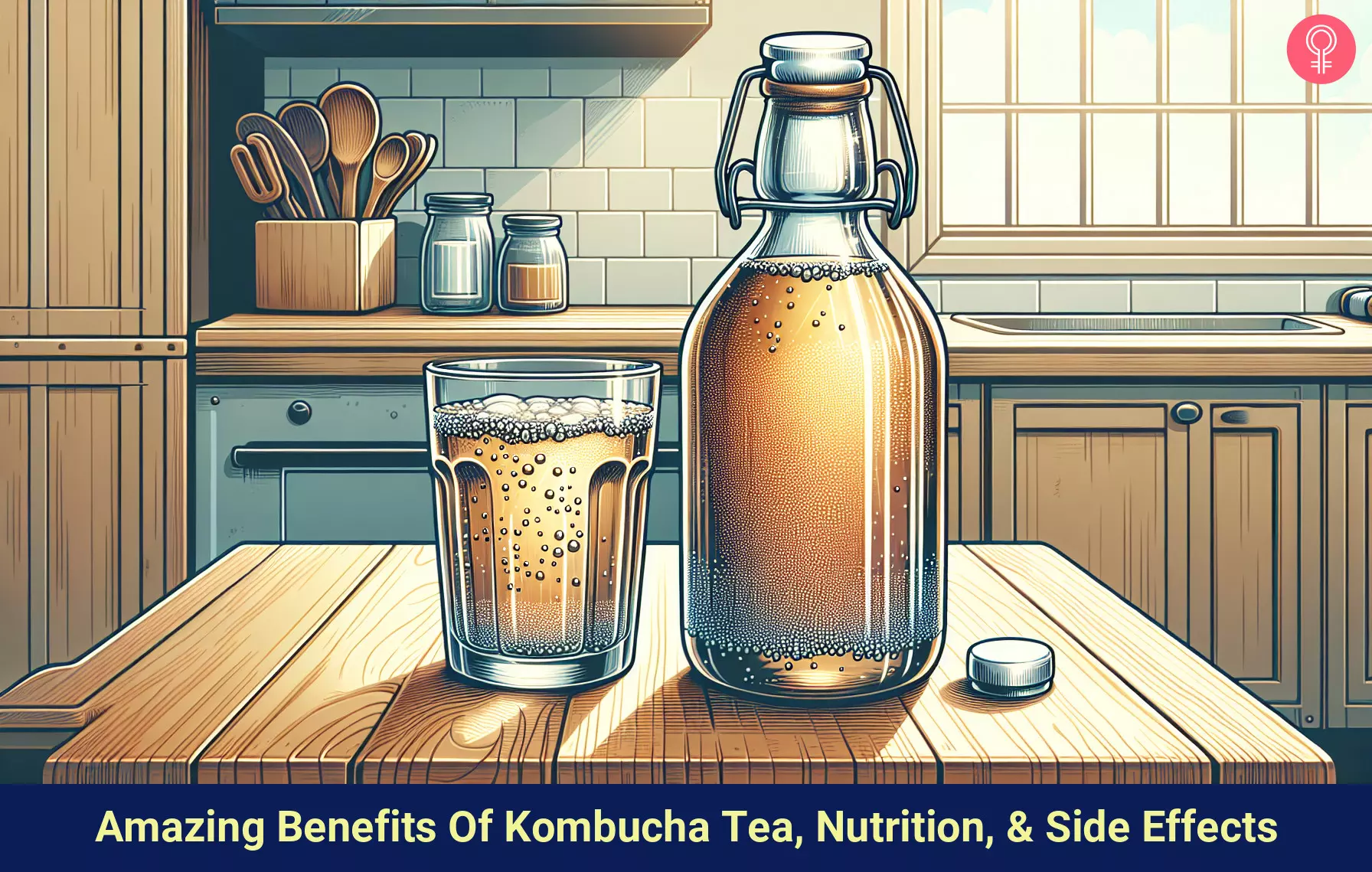
Image: Dall·E/StyleCraze Design Team
Personal Experience: Source
StyleCraze's articles are interwoven with authentic personal narratives that provide depth and resonance to our content. Below are the sources of the personal accounts referenced in this article.
i. Kombucha Teahttps://sailingsvborabora.wordpress.com/2018/01/17/kombucha-tea/
References
Articles on StyleCraze are backed by verified information from peer-reviewed and academic research papers, reputed organizations, research institutions, and medical associations to ensure accuracy and relevance. Read our editorial policy to learn more.
- “Hepatoprotective and curative properties…” Journal of Microbiology and Biotechnology, US National Library of Medicine
- “Comparative healing property of…” Food & function, US National Library of Medicine
- “Sequence-based analysis of the bacterial…”, Food Microbiology, ScienceDirect
- “Antioxidant and antibacterial activity of the…” Food technology and Biotechnology, US National Library of Medicine
- “Myocardial potency of Bio-tea against…” Journal of Food Science and Technology, US National Library of Medicine
- “Oak kombucha protects against…” Chemico-biological interactions, US National Library of Medicine
- “Evaluation of the antioxidant impact of…” Journal of Complementary and Integrative Medicine
- “Kombucha fermentation and its…” Journal of Agricultural and Food Chemistry
- “Effects of chronic kombucha ingestion on…” Nutrition, US National Library of Medicine
- “Efficacy of Newly Developed Kombucha-Based…” Current Developments in Nutrition
- “The effect of the fermented tea beverage…” Lunds Universitet
Read full bio of Addie Abohosh
Read full bio of Swathi Handoo
Read full bio of Ravi Teja Tadimalla
Read full bio of Aparna Mallampalli





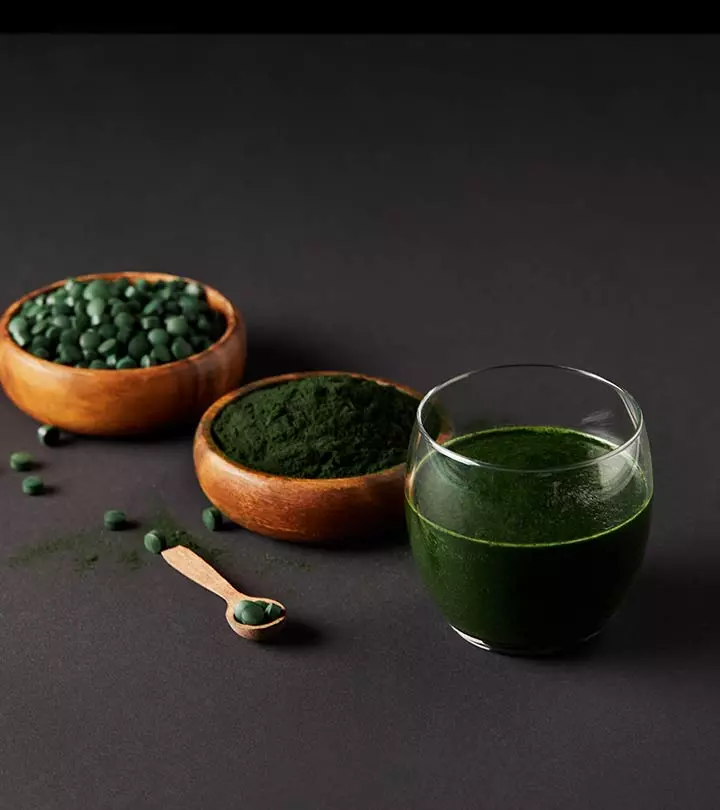
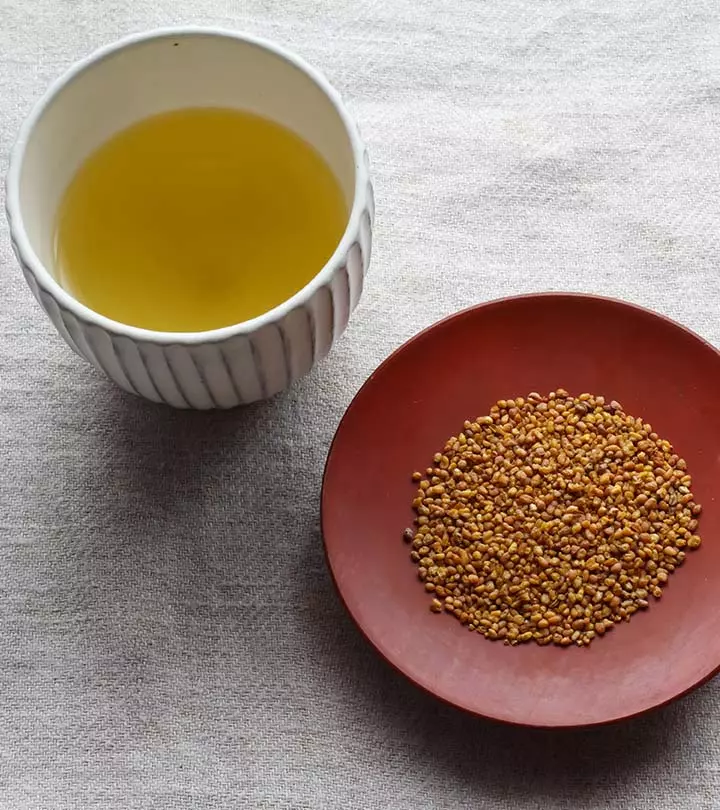
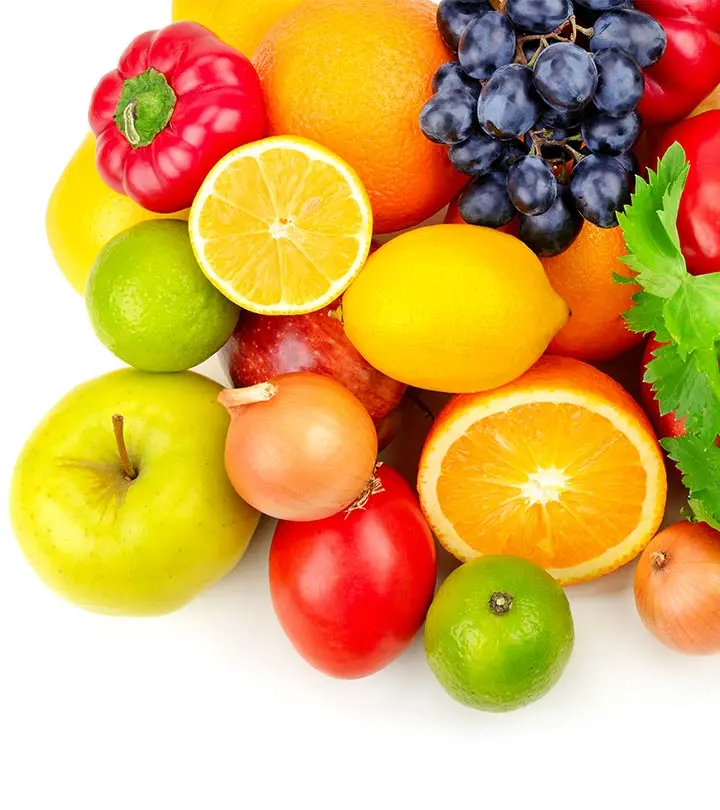
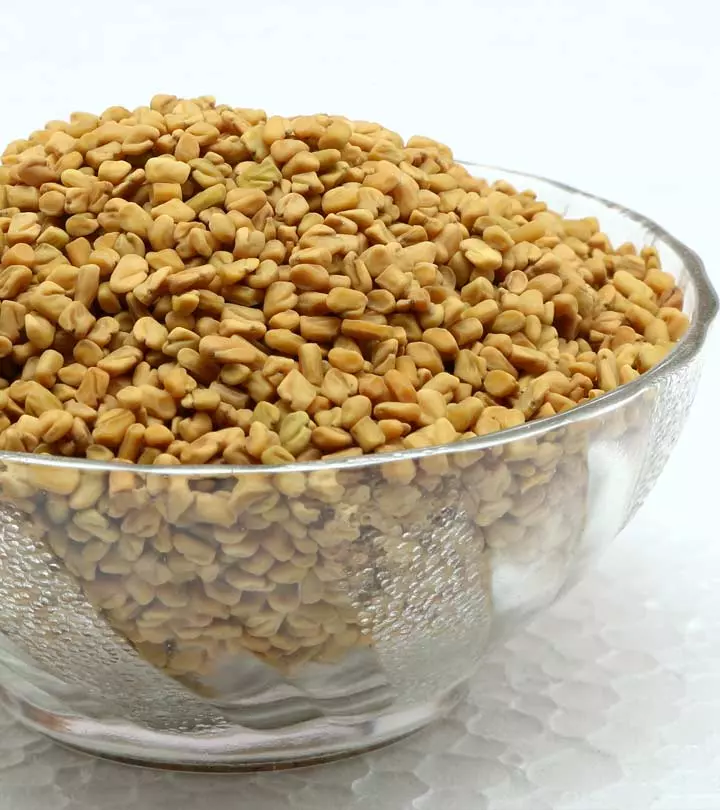
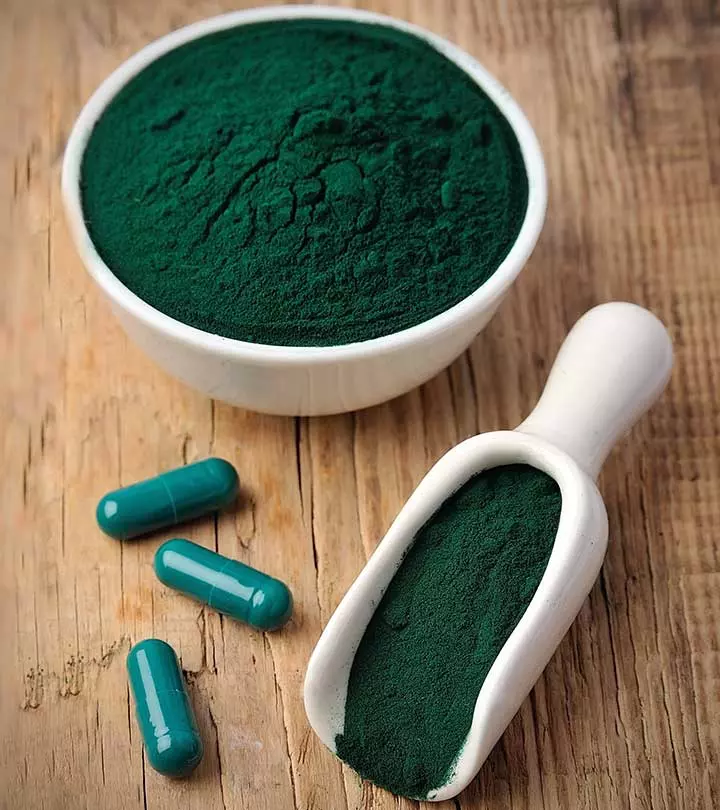
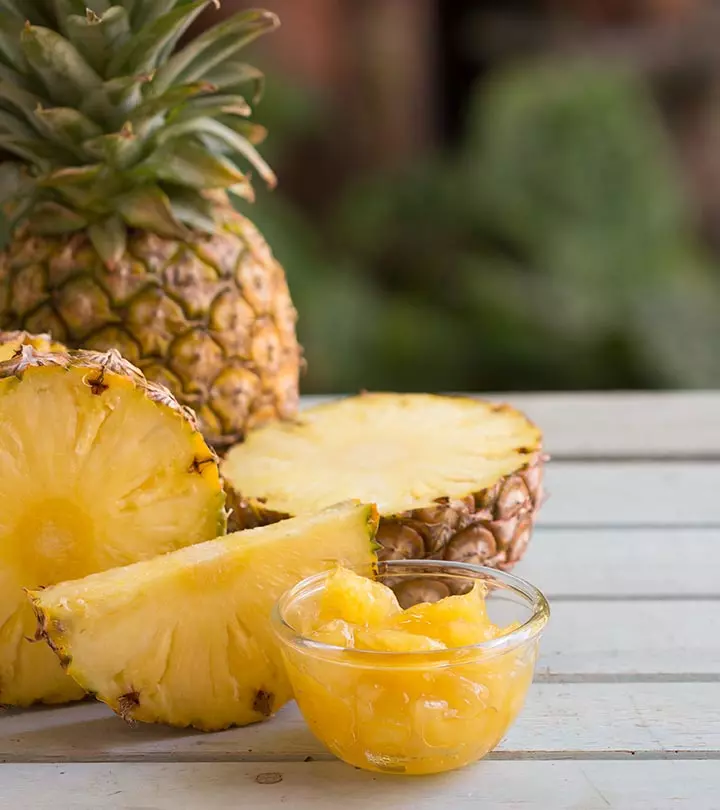
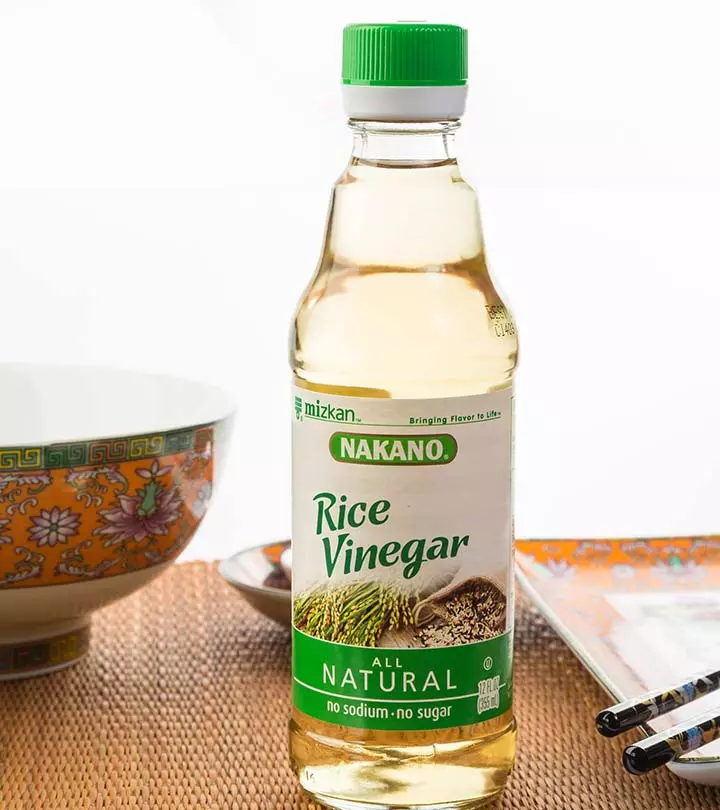
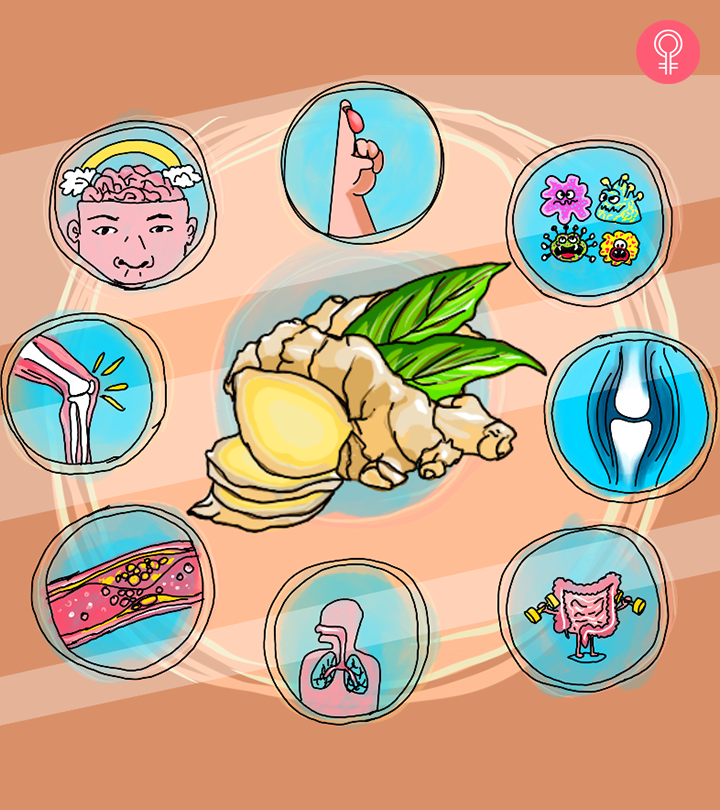

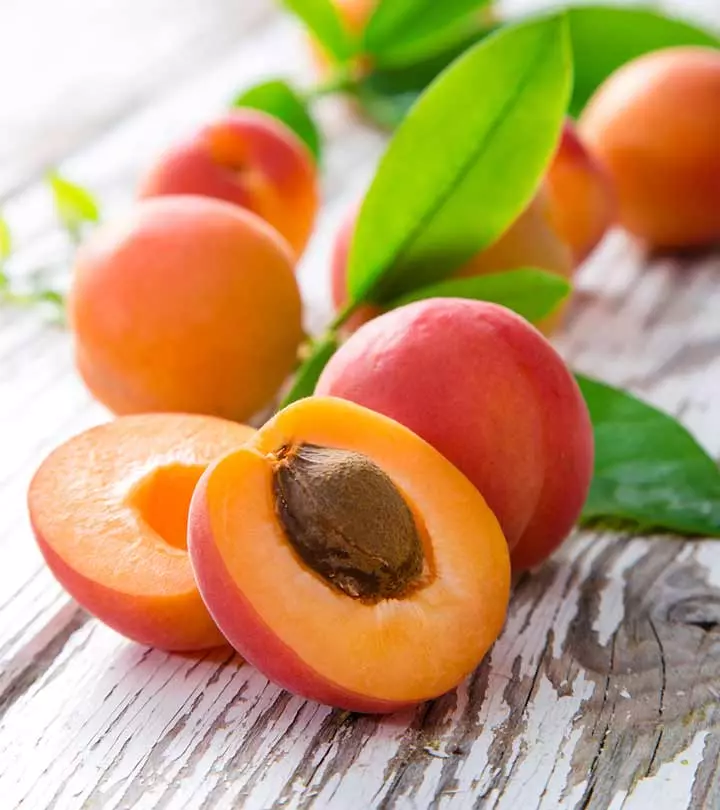

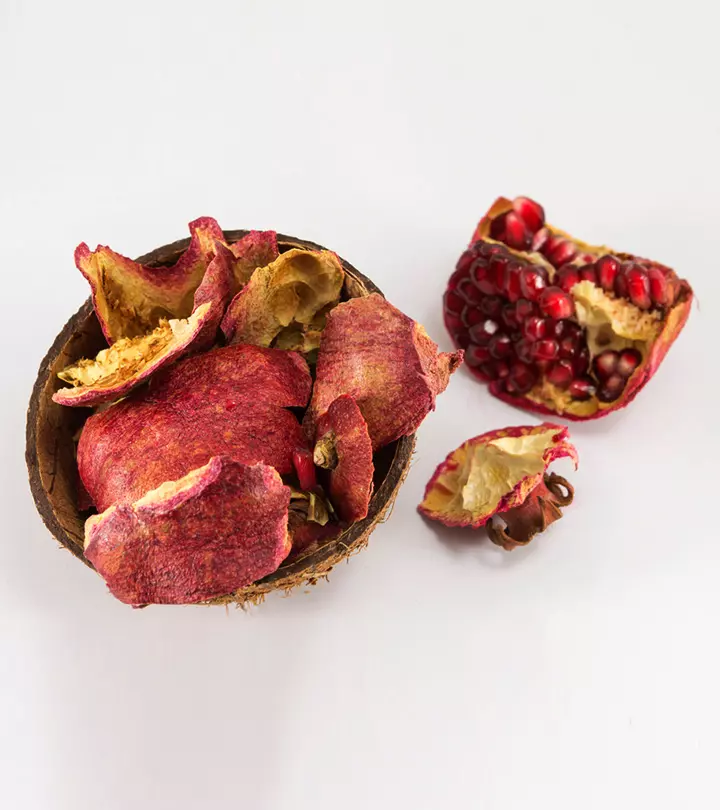
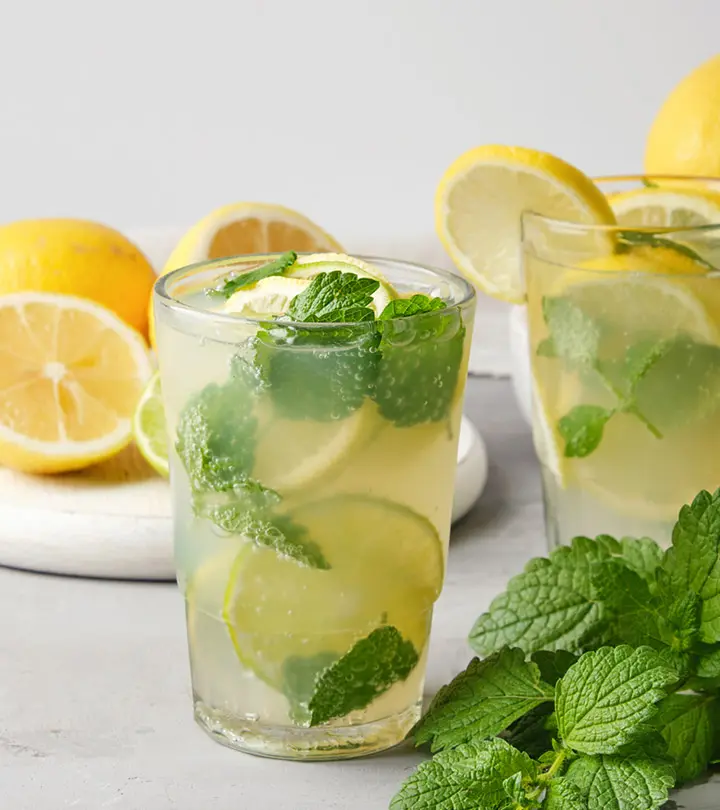
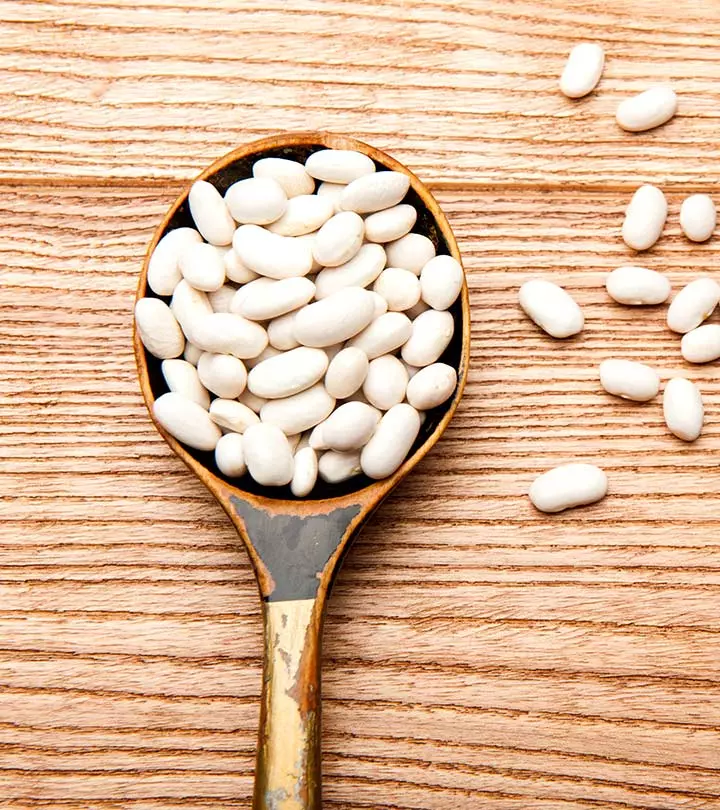


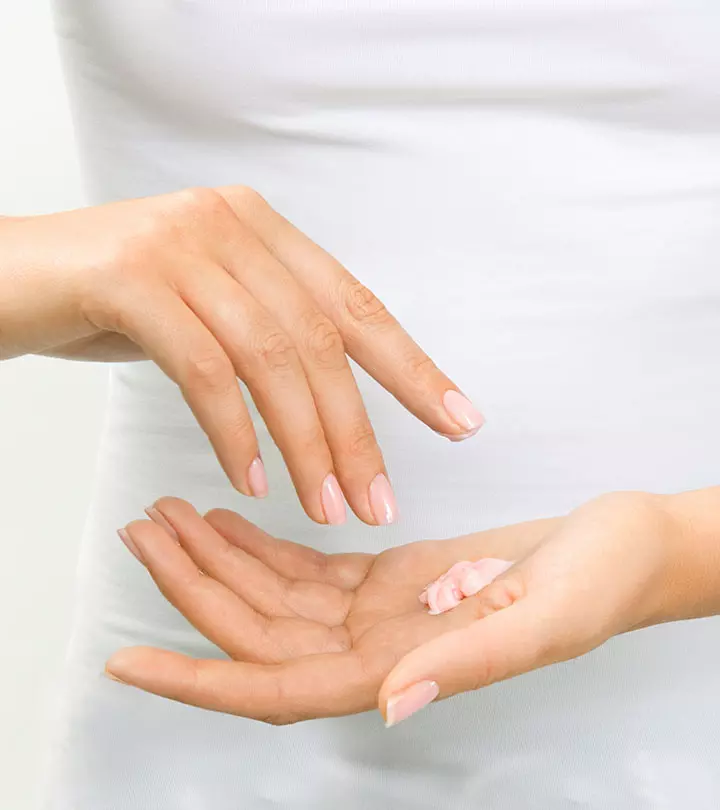



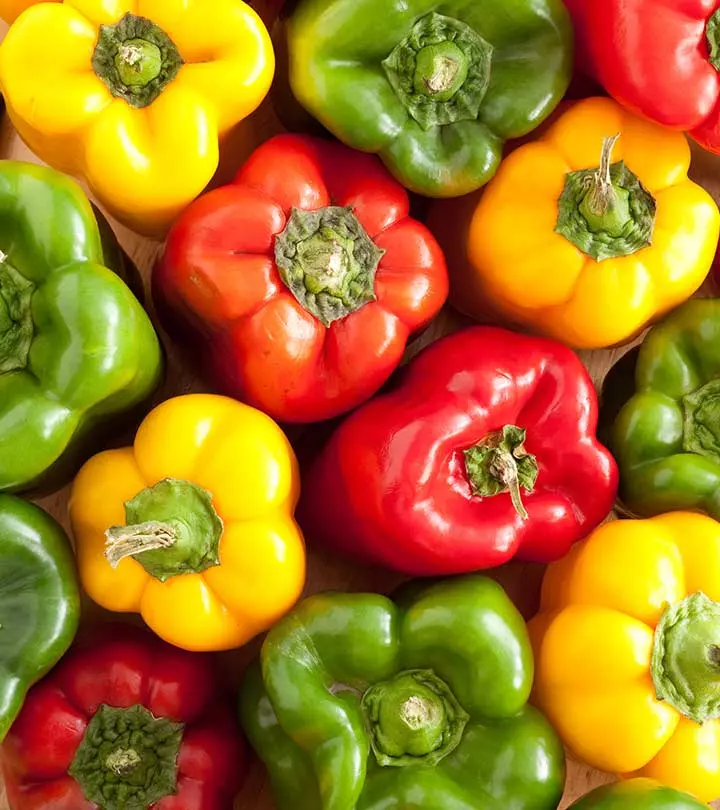
Community Experiences
Join the conversation and become a part of our empowering community! Share your stories, experiences, and insights to connect with other beauty, lifestyle, and health enthusiasts.